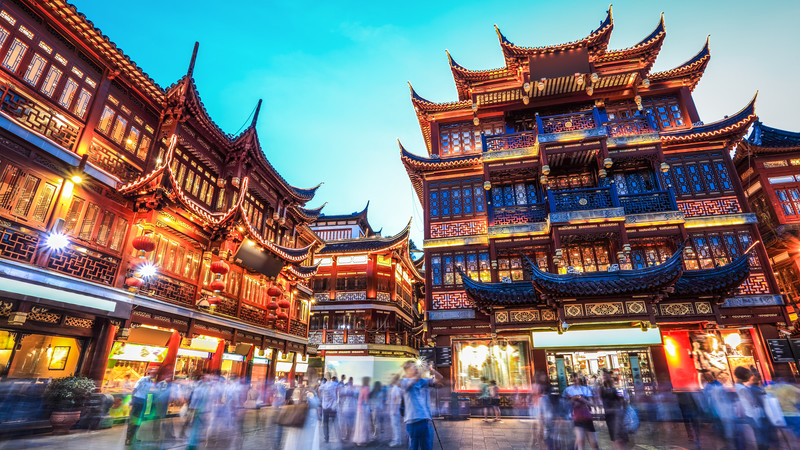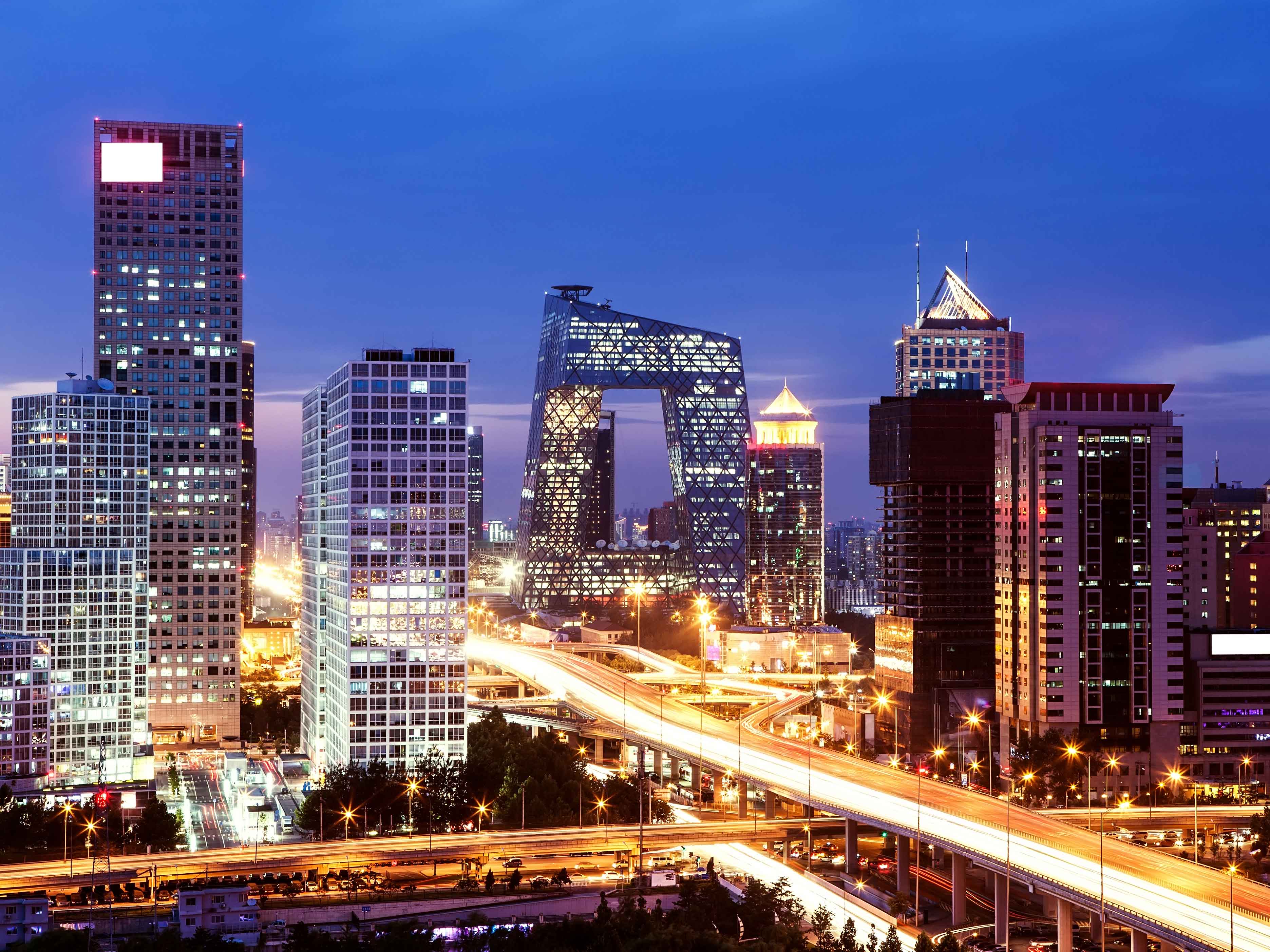AI-Generated Article
This content has been automatically generated using artificial intelligence technology. While we strive for accuracy, please verify important information independently.
China has become a hotspot for luxury brands, but not always in ways they'd expect. The nation's growing awareness of authenticity and transparency has led to an unprecedented scrutiny of the industry. Consumers are now more informed and vocal, holding brands accountable for their claims and practices. This cultural shift is reshaping the way global brands interact with the Chinese market, emphasizing the importance of genuine connections over flashy marketing. The ripple effect of this movement is being felt worldwide, as brands scramble to adapt to the new demands of a discerning audience.
In some respects, this phenomenon isn't entirely new. Over the years, China's relationship with luxury goods has evolved from a fascination with imported prestige to a demand for transparency and ethical practices. The shift is partly driven by younger generations who are more tech-savvy and socially conscious. They're not just buying products; they're investing in brands that align with their values. This trend is pushing luxury companies to rethink their strategies and focus on what truly matters to their customers.
Yet, the question remains—how are luxury brands responding to this challenge? Some have embraced the change, leveraging technology and storytelling to build trust with their audience. Others, however, are struggling to keep up, facing backlash for perceived insincerity or lack of authenticity. As the spotlight continues to shine on these brands, the stakes are higher than ever. It's a fascinating moment in history, where the balance of power is shifting, and the voice of the consumer is louder than ever before.
- Ro Daniels
- Bezos Store Discount Code
- No Boxing No Life Website
- Firewater Bar
- Julio Cesar Pimentel Soriano
Table of Contents
- Why Is China Exposing Luxury Brands?
- How Are Consumers in China Reacting?
- What Role Does Social Media Play?
- Can Luxury Brands Survive This Scrutiny?
- What Is China Exposing Luxury Brands Teaching Us?
- How Are Brands Adapting?
- What Lies Ahead for the Industry?
- Why Should We Care About China Exposing Luxury Brands?
Why Is China Exposing Luxury Brands?
So, why exactly is China shining such a bright light on luxury brands? It's almost like a perfect storm of factors coming together. First, the internet and social media have made it incredibly easy for people to share information and opinions. A little bit of digging can uncover a lot of hidden truths about a brand's practices. Second, the younger generation in China is a lot more aware of the world around them. They're not just buying into the glossy advertisements; they're asking tough questions about where things come from and how they're made. It's not just about the product anymore—it's about the story behind it.
Now, this isn't to say that every luxury brand is up to no good. Actually, many of them are doing great things. But the ones that aren't? Well, they're getting called out, and rightly so. China's consumers are saying, "We want to know what we're paying for." It's a bit like when you're shopping for a new phone, and you want to know if it's worth the price tag. People want value, not just a pretty package.
How Are Consumers in China Reacting?
Alright, let's talk about the consumers themselves. They're not just sitting back and accepting whatever brands throw at them. Instead, they're actively participating in the conversation. They're sharing their thoughts online, calling out brands that they feel are misleading, and supporting those that they believe in. It's like a giant group discussion happening across the country, and everyone's invited to join in. The result is a much more dynamic and interactive relationship between consumers and brands.
- African American Art And Culture Complex
- 22 Hair Salon %E6%98%8E%E5%88%A9
- Dreams Usa
- Lissythedoll Onlyfans
- Finca La Carrodilla
Of course, not everyone reacts the same way. Some folks might be a little more forgiving, while others are pretty quick to call out any missteps. But overall, there's this growing sense of empowerment among consumers. They feel like their voices matter, and they're using that power to make a difference. It's kind of inspiring, really, when you think about it.
What Role Does Social Media Play?
Now, let's talk about social media, because it plays a huge role in all of this. Platforms like WeChat and Weibo have become the go-to places for people to share their thoughts and experiences. It's almost like a digital town square where everyone can gather and discuss. A single post can go viral in no time, spreading information far and wide. Brands that aren't paying attention to what's being said about them online could be in for a rude awakening.
Interestingly, social media has also created opportunities for brands to engage directly with their audience. They can respond to feedback, clarify misunderstandings, and even showcase their efforts to improve. It's not just about selling products anymore; it's about building relationships. Social media has turned the traditional one-way marketing model on its head, and brands are having to adapt quickly to stay relevant.
Can Luxury Brands Survive This Scrutiny?
So, the big question is, can luxury brands survive all this scrutiny? Honestly, the answer depends on how they choose to respond. Brands that are open and honest about their practices, and that genuinely care about their customers, are likely to thrive. On the other hand, those that try to hide behind fancy marketing or ignore the concerns of their audience might find themselves struggling. It's a bit like a test of character for these companies. Are they willing to change and grow, or are they going to stick to their old ways?
Of course, change isn't always easy. Brands might need to rethink their entire approach to business, from how they source materials to how they interact with customers. But if they can pull it off, the rewards could be significant. Consumers are more likely to stick with brands they trust, and trust is a powerful thing. It's like building a solid foundation for a house; once it's there, everything else falls into place.
What Is China Exposing Luxury Brands Teaching Us?
There's a lot to learn from what's happening in China right now. For one thing, it's teaching us the importance of transparency in business. Consumers want to know what they're buying and why it matters. It's also showing us the power of social media to drive change. A single voice can spark a movement that affects industries worldwide. And finally, it's reminding us that the relationship between brands and consumers is evolving. It's no longer just about selling products; it's about creating meaningful connections.
These lessons aren't just relevant to luxury brands, either. Any business that wants to succeed in today's world needs to take notice. It's about understanding what your customers want and delivering on those expectations. It's about being real and authentic, not just putting on a show. In some ways, it's like going back to basics, focusing on what truly matters instead of getting caught up in the hype.
How Are Brands Adapting?
Now, let's look at how some brands are adapting to this new reality. A few have taken the initiative to be more transparent about their practices, sharing details about their supply chains and production processes. They're also using storytelling to connect with their audience, highlighting the people and places behind their products. It's a bit like opening up the curtains and letting people see what's really going on.
Other brands are investing in technology to enhance their customer experience. They're creating apps and platforms that allow consumers to interact with them in new and exciting ways. It's not just about selling stuff anymore; it's about building a community. These brands are realizing that the more they engage with their audience, the stronger their connection becomes. It's a win-win situation, really.
What Lies Ahead for the Industry?
Looking ahead, it's clear that the luxury industry is in for some big changes. The trend towards transparency and authenticity is only going to grow stronger, and brands will need to keep up if they want to stay relevant. This could mean anything from adopting more sustainable practices to embracing new technologies that enhance the customer experience. It's a bit like a race where everyone's trying to outdo each other, but in a good way.
Of course, there will always be challenges along the way. Brands will need to navigate the ever-changing preferences of their customers while maintaining their own identity. But if they can strike the right balance, the future looks bright. The industry is evolving, and those who adapt will be the ones who thrive.
Why Should We Care About China Exposing Luxury Brands?
Finally, why should we care about all this? Well, it's simple really. What happens in China doesn't stay in China. The decisions and actions of luxury brands in this market have ripple effects around the world. As consumers in other countries see the changes happening in China, they might start demanding the same level of transparency and authenticity from their own brands. It's a global movement that's gaining momentum, and it's exciting to be part of it.
So, in some respects, China exposing luxury brands is more than just a local issue. It's a sign of things to come, a preview of what the future holds for the entire industry. As consumers, we have the power to shape that future by making informed choices and supporting brands that align with our values. It's a pretty powerful position to be in, and it's one that we shouldn't take lightly.
At the end of the day, the story of China exposing luxury brands is about more than just business. It's about trust, transparency, and the evolving relationship between brands and consumers. It's about recognizing the power of the consumer voice and using it to drive positive change. As this movement continues to grow, it will be fascinating to see how it shapes the future of the luxury industry—and beyond.
🖼️ Related Images



Quick AI Summary
This AI-generated article covers China Exposing Luxury Brands - The Unveiling Of Authenticity with comprehensive insights and detailed analysis. The content is designed to provide valuable information while maintaining readability and engagement.
Talia Berge
✍️ Article Author
👨💻 Talia Berge is a passionate writer and content creator who specializes in creating engaging and informative articles. With expertise in various topics, they bring valuable insights and practical knowledge to every piece of content.
📬 Follow Talia Berge
Stay updated with the latest articles and insights